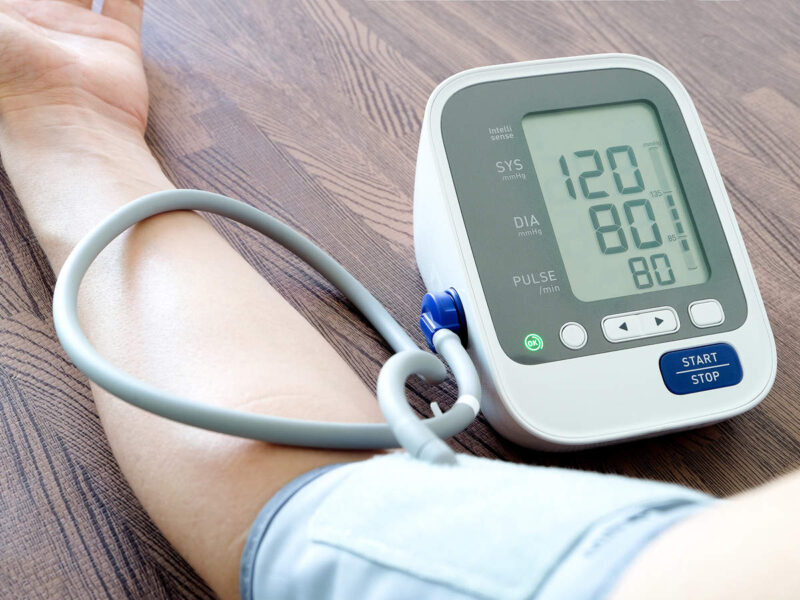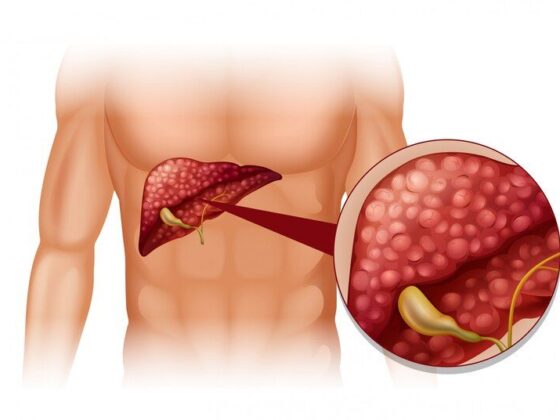New Delhi, September 07: High blood pressure, or hypertension, is a silent killer that affects millions worldwide. It is a major risk factor for heart disease, stroke, kidney disease, and other serious health complications. While there are various treatment options available, the search for more effective and convenient approaches continues. A recent study has shed light on a promising new development: the use of 3-in-1 combination drugs.
Understanding the Challenge of Hypertension Management
Managing hypertension often involves a combination of lifestyle modifications, such as diet, exercise, and stress reduction, along with medication. However, finding the right medication regimen can be a complex process. Patients may need to try multiple drugs before finding a combination that effectively controls their blood pressure. Additionally, adherence to treatment can be challenging, as patients may find it difficult to remember to take multiple medications daily.
Hypertension: The Promise of 3-in-1 Drugs
3-in-1 drugs, also known as triple therapy, offer a simplified approach to hypertension management. These medications combine three separate blood pressure-lowering agents into a single pill, providing a more comprehensive and convenient treatment option. By targeting multiple mechanisms involved in the development of high blood pressure, 3-in-1 drugs can achieve more significant reductions in blood pressure compared to traditional standard care.
The Study: A Game-Changer?
A recent study compared the effectiveness of 3-in-1 drugs to traditional standard care in a large group of patients with hypertension. The results were promising, demonstrating that 3-in-1 drugs were significantly more effective in lowering blood pressure than the standard approach. This was particularly true for patients who had not achieved adequate blood pressure control with their current medications.
Benefits of 3-in-1 Drugs
1. Improved Blood Pressure Control: 3-in-1 drugs can provide more substantial reductions in blood pressure, leading to a lower risk of cardiovascular events.
2. Enhanced Adherence: By simplifying the medication regimen, 3-in-1 drugs can improve patient adherence to treatment, ultimately leading to better health outcomes.
3. Potential Cost Savings: Reducing the number of medications required can potentially lower healthcare costs for both patients and healthcare systems.
Considerations and Future Directions
While the study results are encouraging, it is important to note that 3-in-1 drugs are not suitable for everyone. Some individuals may have underlying health conditions or be taking other medications that make them ineligible for this treatment. Additionally, further research is needed to fully understand the long-term benefits and risks of 3-in-1 drugs.
The emergence of 3-in-1 drugs represents a significant advancement in the management of hypertension. These innovative medications offer the potential for improved blood pressure control, enhanced adherence to treatment, and reduced healthcare costs. As research continues to explore the benefits and risks of this approach, it is likely that 3-in-1 drugs will play a crucial role in the future of hypertension management.











